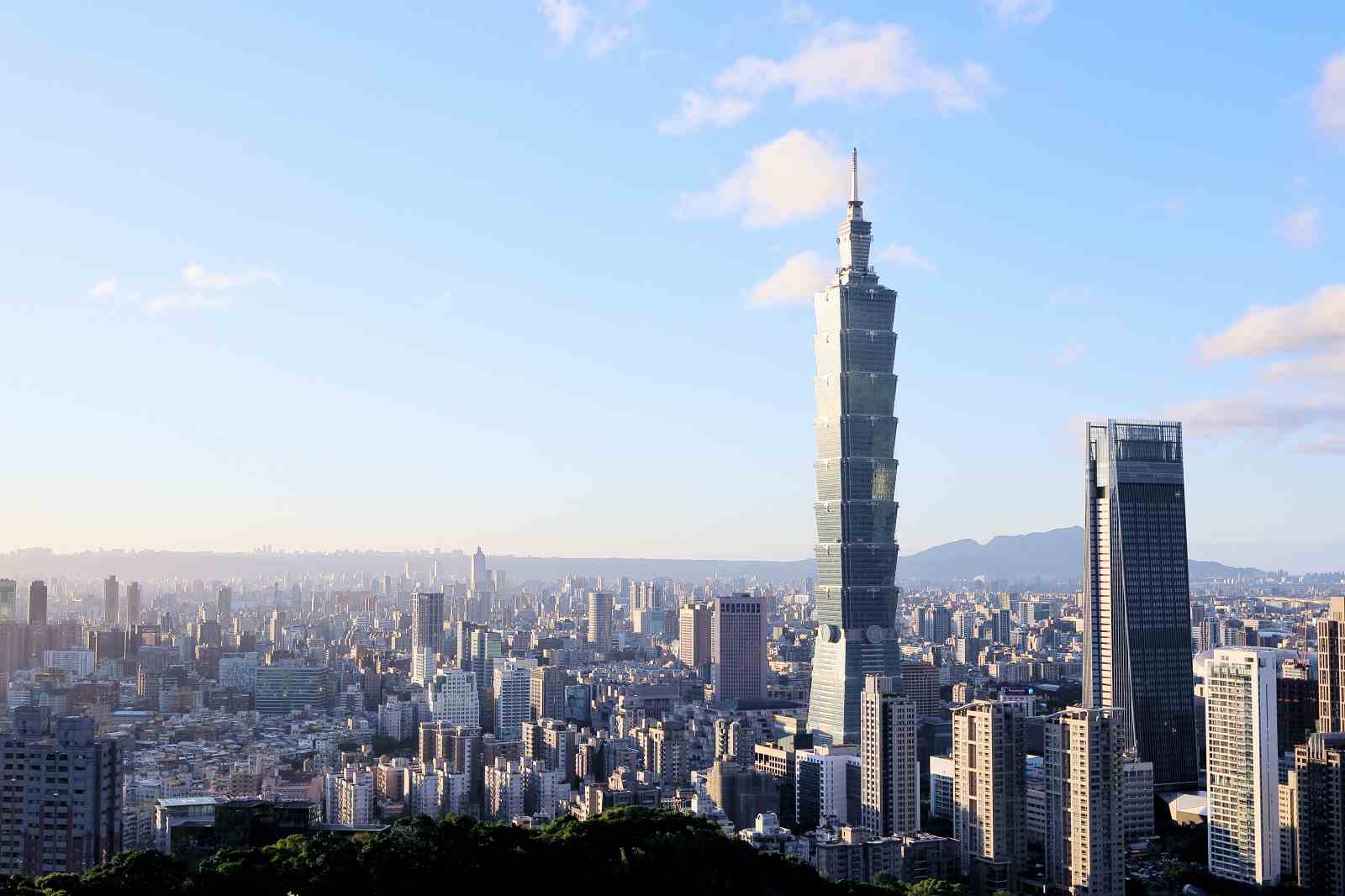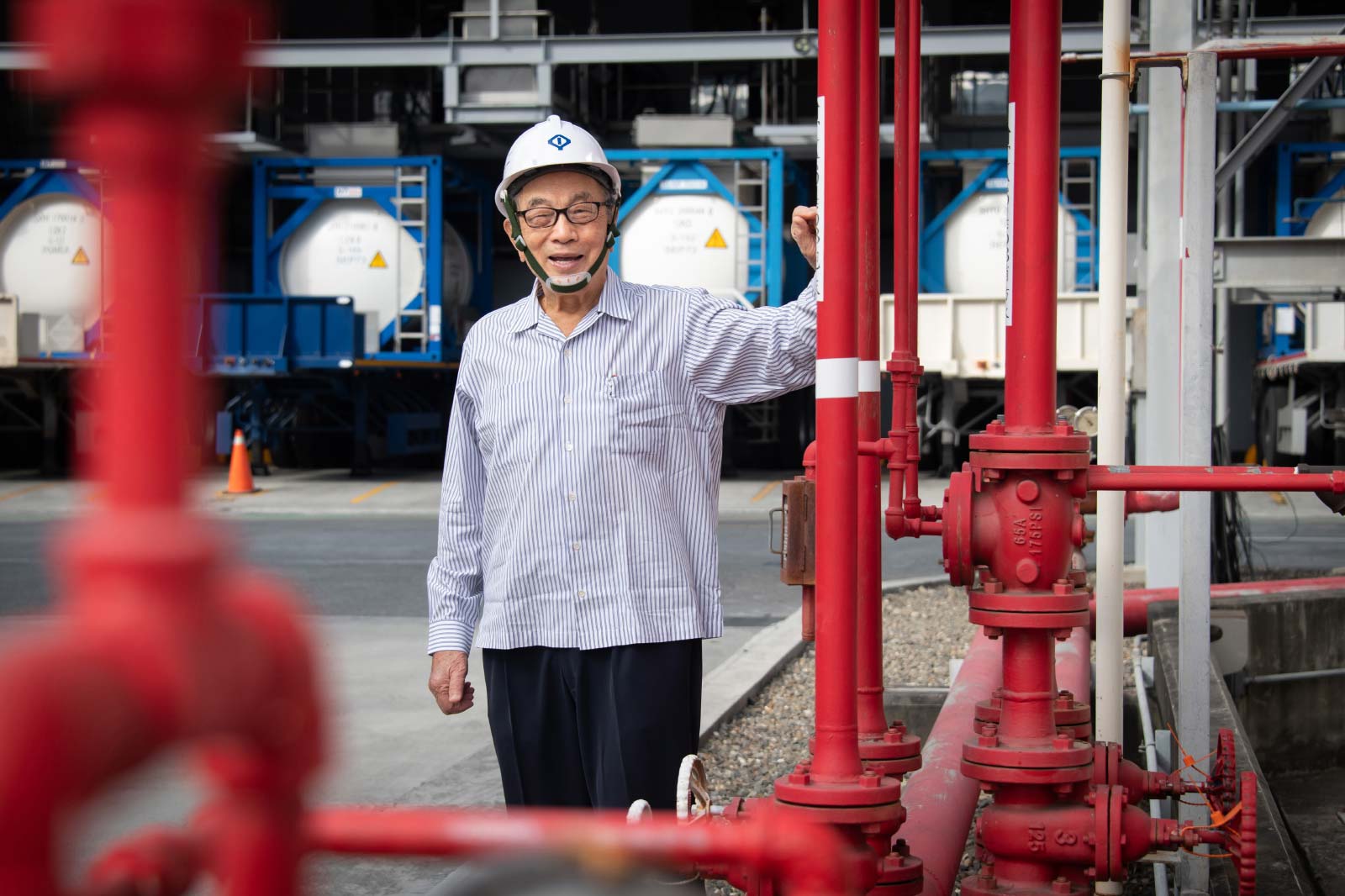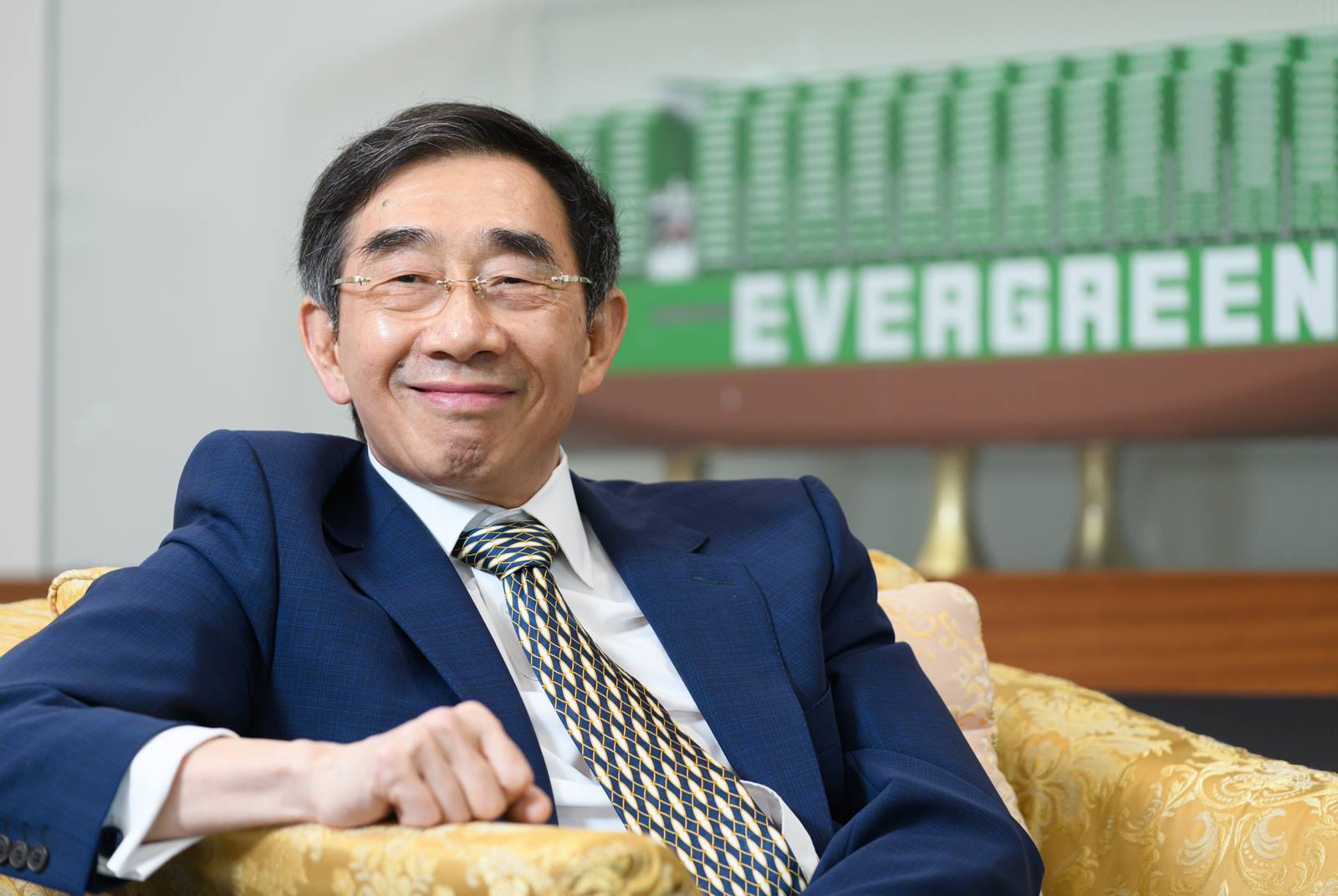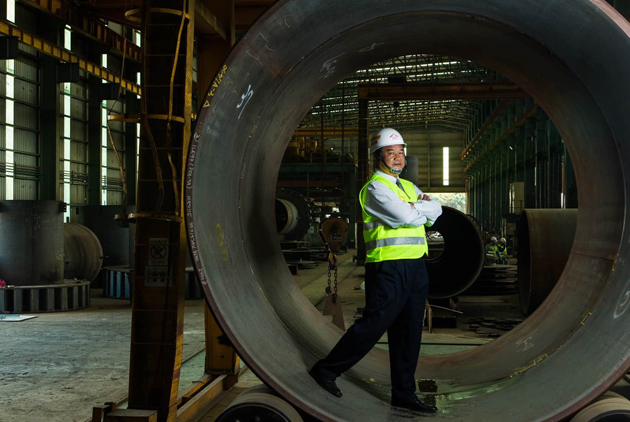New CSR Award Winners
No Fears When Following the Right Course

Source:CW
The winners of CommonWealth Magazine's newest corporate citizenship awards have begun to reap the benefits of sound CSR practices, demonstrating that what's good for society may also be good for business.
Views
No Fears When Following the Right Course
By Ting-feng WuFrom CommonWealth Magazine (vol. 553 )
CommonWealth Magazine has expanded its Corporate Citizenship Awards in 2014 to include "Progress Awards" and "New Star Awards."
To qualify for a progress award, companies had to first be ranked among the top 50 (top 30 large-scale enterprises, top 10 medium-scale enterprises and top 10 foreign enterprises) and show progress in their rankings over the last year – by five notches for big companies and three notches for smaller or foreign entities. The goal is for readers to see the results of companies' sustained commitment to good CSR (Corporate Social Responsibility) practices.
Three companies won "Progress Awards" – Far EasTone Telecommunications Co. (up from 20th in 2013 to 15th this year) and Inventec Corp. (22nd to 16th) in the large-scale enterprise category, and Japanese company Toppan CFI (Taiwan) Co. (seventh to fourth) in the foreign enterprise category.
The "New Star Award" was created to encourage first-time participants in the competition (companies have to register with CommonWealth Magazine to take part), but those newcomers also had to crack the top 50 to make the grade.
Eight companies were honored as "New Stars" this year: Gigabyte Technology (18th), Unimicron Technology Corp. (23rd) and Hon Hai Precision Industry Co. (30th) in the large-scale enterprise category, and Da.Ai Technology Co. (third), Reiju Construction Co. (seventh), Yoke Industrial Corp. (eighth), Kwong Lung Enterprises Co. (ninth) and Lung Yen Life Service Co. (10th) in the medium-scale enterprise category.
Far EasTone: Using CSR to Drive Reorganization
Unwilling to cede the top positions in the telecom sector to Chunghwa Telecom and Taiwan Mobile, Far EasTone is closing the gap with its vaunted rivals at a frenetic pace. But progress wasn't built in a day.
In 2011, Far EasTone led the industry in introducing an ISO50001 energy management system. Over the next three years, the system saved the company an amount of electricity similar to that of a substation providing power to Taipei's Xinyi District.
Far EasTone has also developed its own energy-saving technology that enabled its base stations to go into low-power-consumption "sleep mode" during off-peak hours, earning the praise of Chen-pang Liu, deputy director-general of the Industrial Technology Research Institute's Green Energy and Environment Research Laboratories.
But those feats are simply the end results of the company's energy-conservation performance. What they do not reveal is how the energy-saving campaign tested and reshaped the company's basic approach to operations management.
Far EasTone fully understood that the biggest business strategy risk in the future was energy, because it operates in a sector where without electricity, there is no service. As a result, the company combined CSR with its efforts to raise competitiveness, putting new energy management guidelines in place.
Once the guiding policies were established, an "Energy Management Committee" led by Far EasTone's chief financial officer was set up, creating a complete framework that channeled everybody toward the same goal.
"The most significant thing about CSR is instigating organizational change and strengthening sustainable competitiveness," says Tungnan University associate professor Chia-wei Hsu, who has long studied Dow Jones Sustainability Index companies.
Toppan CFI: Problems Turned into Innovation
A similar example of an enterprise using CSR to drive internal change has been a regular in CommonWealth's corporate citizenship rankings for foreign enterprises – Japanese company Toppan CFI.
Ranked No. 1 in the category this year for environmental protection, Toppan had already established a greenhouse gas inventory system and taken steps to measure its carbon footprint and water footprint before extending its environmental strategy to its facilities last year, when it undertook a green building improvement project at its Kaohsiung factory.
Toppan's old production facility was built before green building concepts were popular, and it represented a dead end in the company's campaign to save energy and reduce carbon emissions. The factory was also built to last for decades, complicating any attempt at a serious renovation.
But Toppan turned a problem into an opportunity for innovation. With the full support of company president H.C. Lee, Toppan remodeled its plant and became the first high-tech company in Taiwan to get a diamond rating – the highest possible under Taiwan's EEWH green building certification system – for a renovated building.
As for Inventec, it concentrated its CSR efforts on "adopting" some of the wetlands in the Guandu Nature Park and promoting environmental education. The company admits that when it launched the initiative, employee participation was not as enthusiastic as expected, so it decided to hold activities during working hours rather than on the weekend.
Besides adjusting incentives, Inventec ran a short volunteer recruitment film on its television wall and set up an internal Inventec environmental volunteer services network to enable information to reach and be shared by supportive employees. Inventec's approach might serve as a beneficial reference for other companies preparing to launch CSR programs of their own.
An Amazing New Star
Motherboard producer Gigabyte made a resounding debut in the competition, immediately catapulting into the top 20 among large-scale companies.
Few people realize the efforts Gigabyte makes quietly behind the scenes. For example, even though the motherboard sector has been battered over the past four years by cutthroat pricing, Gigabyte has still managed earnings per share of at least NT$2.50 each year, and it posted EPS of NT$3.76 in 2013.
Gigabyte's CSR program has risen the same way. In 2005, the company set up a CSR committee and gradually forged an internal consensus on the issue, in part with the help of a real employee favorite – the nearly 1,000 square meter eco-roof on top of its Xindian headquarters just outside Taipei.
Steven Go, the markets & strategies leader of PwC Taiwan, recalls that when he visited the facility, Rolance Chu, director of Gigabyte's Quality Policy Management Division, laid out the company's CSR philosophy in clear terms: "Instead of giving employees an impersonal set of guidelines to follow, we felt it would be better to have them experience the beauty of our natural environment."
Gigabyte also participates in the international Carbon Disclosure Project, a disclosure platform that enables companies to upgrade and adjust their green management capabilities.
With the platform's help, Gigabyte has reduced its carbon emissions by 28 percent in Taiwan and 30 percent group-wide since 2009, achieving its objectives ahead of its 2015 target date.
"Gigabyte is willing to disclose future targets for green products as a percent of total revenues and carbon emission reduction goals in 2020," says Niven Huang, the general manager of KPMG Sustainability Consulting Co. That's significant, Huang says, because it shows that Gigabyte has linked together determination, strategic thinking and execution in setting a clear operating roadmap for the medium and long term.
'Lifestyle Businesses' Use CSR to Create Value
As for medium-scale enterprises, their strength resides in what Gretai Securities Market chairman Shoushan Wu describes as the diversity of "lifestyle businesses."
Da.Ai Technology, which is part of the charitable Tzu Chi organization, has been a proponent of cradle-to-cradle design, recycling PET bottles and turning them into environmentally friendly blankets. Those blankets have become a flagship "Made in Taiwan" product during international disaster relief efforts.
Recognizing that Taiwan was vulnerable to water shortages and that down manufacturers were major consumers of water, down product manufacturer Kwong Lung installed new wastewater recycling equipment and adopted the use of a highly biodegradable agent to clean the down used in its products. The result was a more efficient use of water that benefited consumers, the company and the earth.
In the residential construction field, Reiju Construction leveraged a CSR-oriented differentiation strategy to avoid the vicious price competition that has beset public tenders.
The company says that in every public project it undertakes, at least 30 percent of the materials it uses are green building materials. It also takes an environmentally friendly approach right from the design stage to save natural resources, introducing "optimal designs" that save at least 10 percent of the steel used in a project.
Reiju Construction has also repeatedly received government awards for industrial safety, earning the company a high project renewal rate. If similar lifestyle-oriented businesses can embrace CSR thinking, it will not only strengthen the sector's competitiveness but also offer a perfect opportunity to improve the quality of life in Taiwan.
For these new CSR stars, the test they now face is staying the course, a challenge they will surely relish because of the foundations they have already built.
Translated from the Chinese by Luke Sabatier





